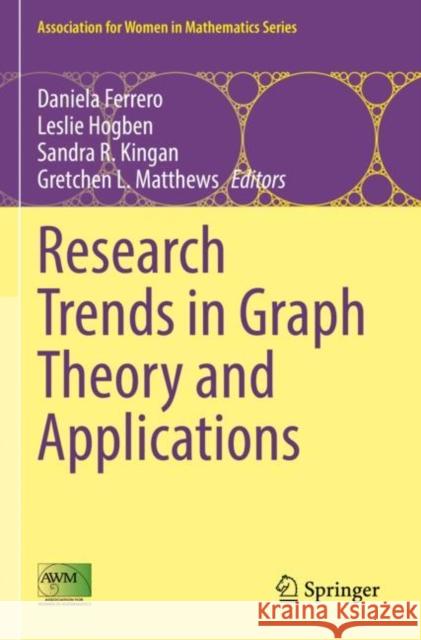Research Trends in Graph Theory and Applications » książka
topmenu
Research Trends in Graph Theory and Applications
ISBN-13: 9783030779856 / Angielski / Miękka / 2022
The Workshop for Women in Graph Theory and Applications was held at the Institute for Mathematics and Its Applications (University of Minnesota, Minneapolis) on August 19-23, 2019. During this five-day workshop, 42 participants performed collaborative research, in six teams, each focused on open problems in different areas of graph theory and its applications. The research work of each team was led by two experts in the corresponding area, who prior to the workshop, carefully selected relevant and meaningful open problems that would yield high-quality research and results of strong impact. As a result, all six teams have made significant contributions to several open problems in their respective areas. The workshop led to the creation of the Women in Graph Theory and Applications Research Collaboration Network, which provided the framework to continue collaborating and to produce this volume.
This book contains six chapters, each of them on one of the different areas of research at the Workshop for Women in Graph Theory and Applications, and written by participants of each team.











